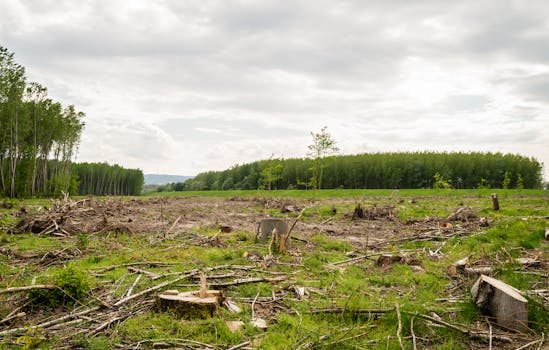
Understanding Climate Change

The impact of climate change on global ecosystems is profound and far-reaching. As the planet warms due to human activities, particularly the burning of fossil fuels and deforestation, ecosystems are disrupted in numerous ways. The focus keyword, ‘climate change,’ encapsulates the urgent environmental issue we face today.
Biodiversity Loss

One of the most significant impacts of climate change is the loss of biodiversity. Many species are unable to adapt quickly enough to the changing climate, leading to increased extinction rates. For instance, coral reefs, which are highly sensitive to temperature changes, have seen massive die-offs due to rising ocean temperatures and acidification.
Habitat Destruction

Climate change also contributes to habitat destruction. As temperatures rise, many ecosystems such as forests, wetlands, and tundras are altered or destroyed. This destruction not only impacts the plants and animals that inhabit these areas but also affects human communities that rely on them for resources.
Species Interactions and Ecosystem Services

The changing climate disrupts species interactions, which can have cascading effects on ecosystem services. Pollinators, for example, are affected by changing flowering times of plants, leading to mismatches that threaten food production. The intricate web of life that sustains ecosystems is increasingly at risk.
Conclusion

In conclusion, the impact of climate change on global ecosystems is a pressing concern that demands immediate action. Protecting biodiversity, preserving habitats, and maintaining the balance of ecosystem services are crucial to mitigating these effects. Collective efforts are essential to combat climate change and protect the planet’s ecosystems for future generations.


